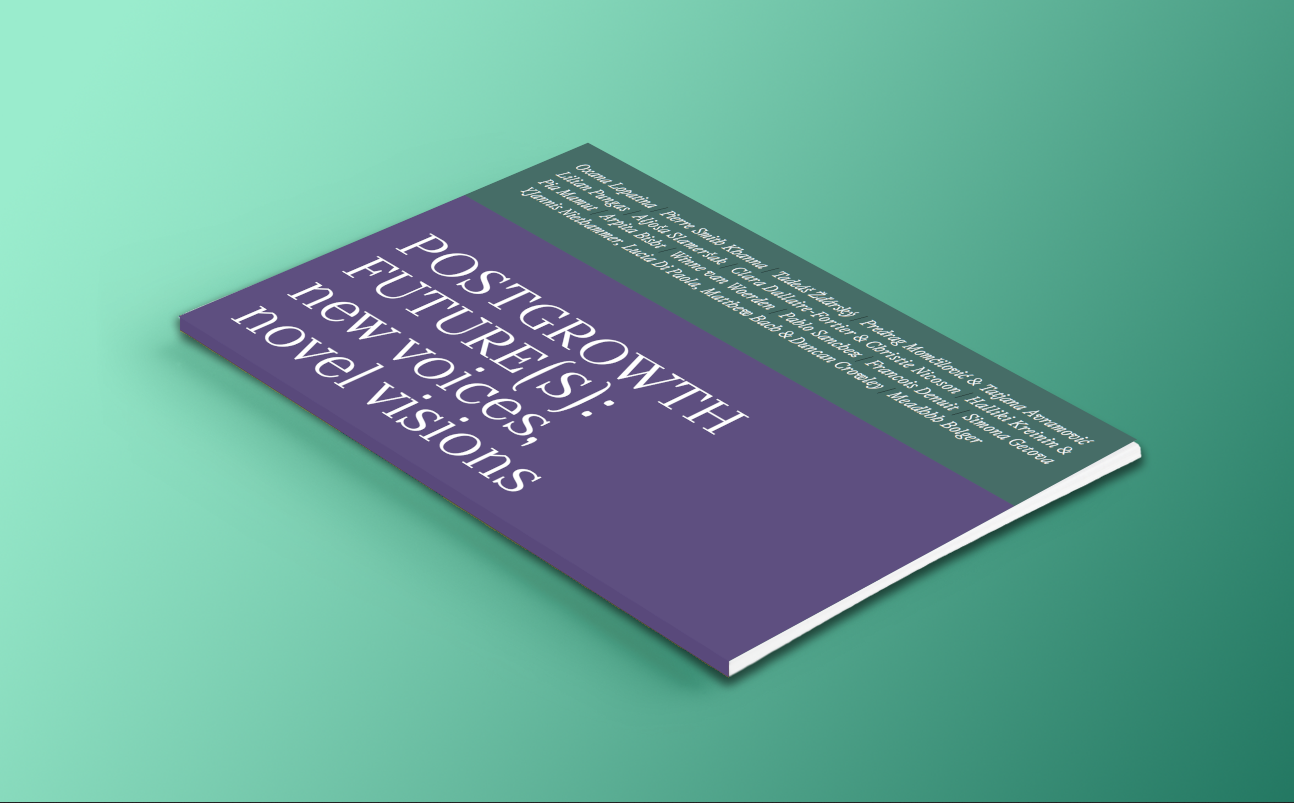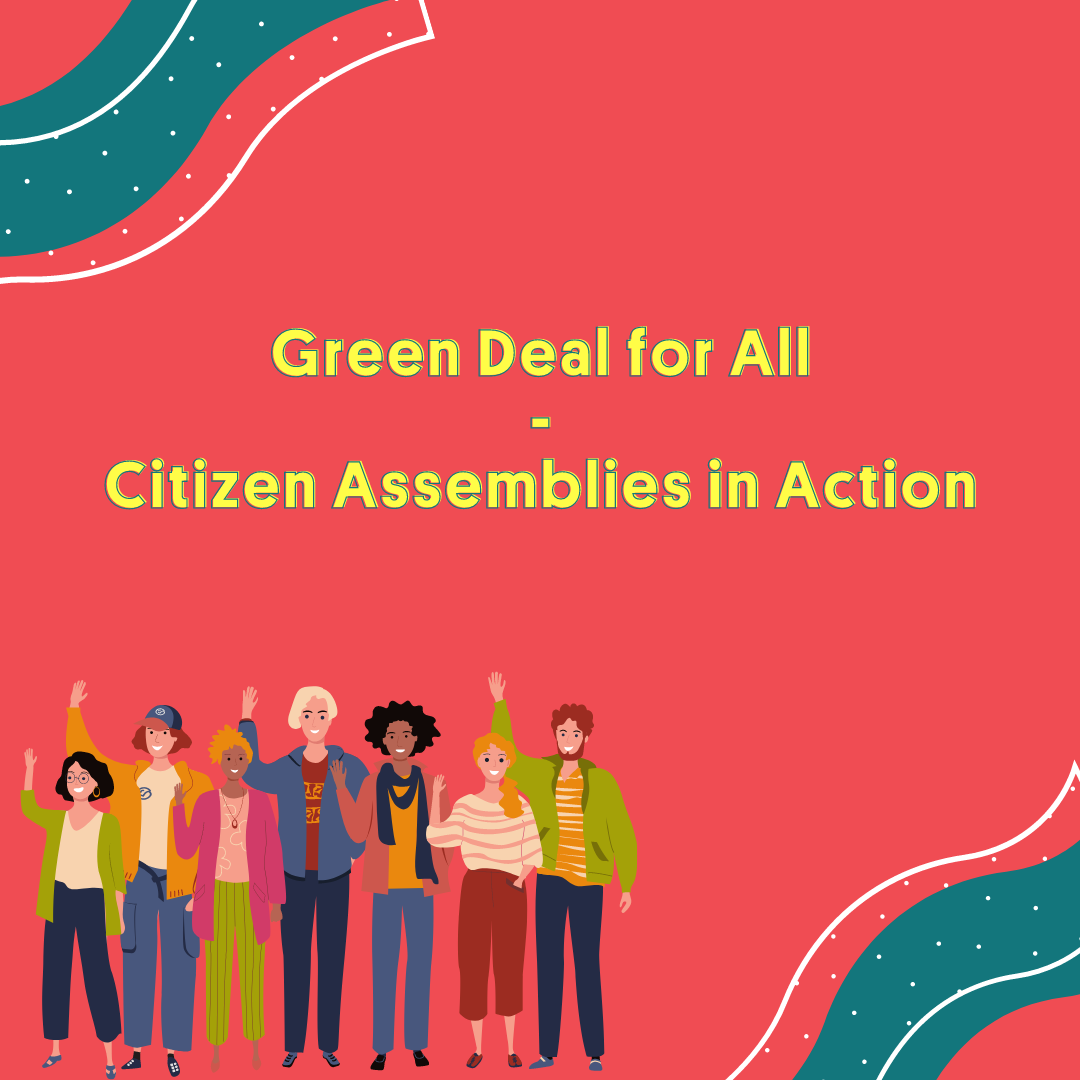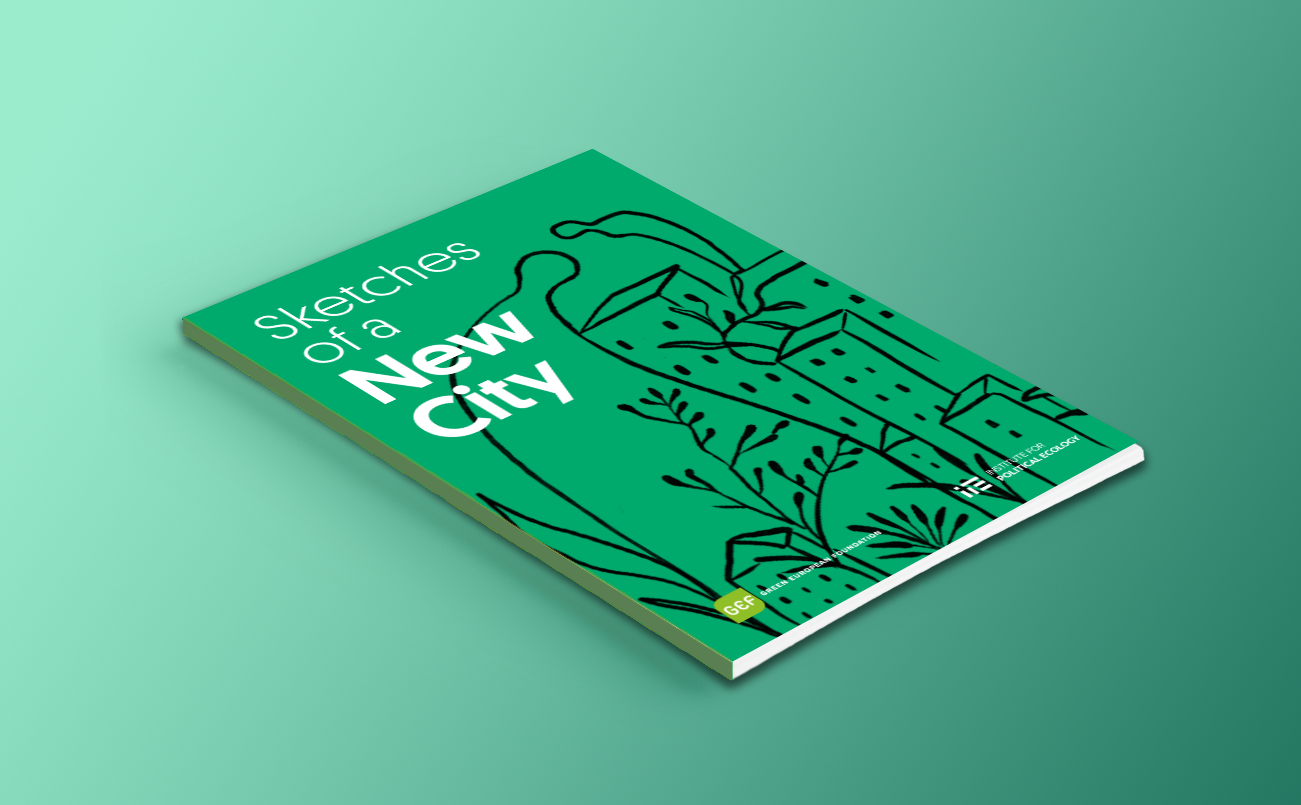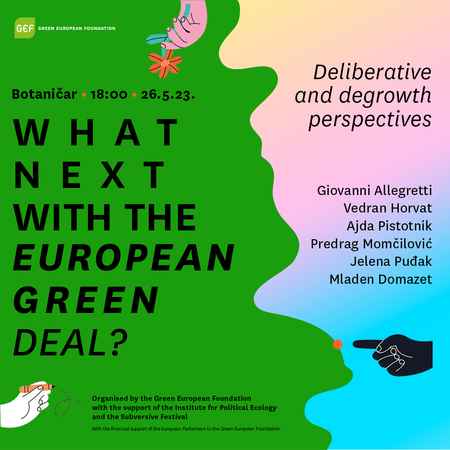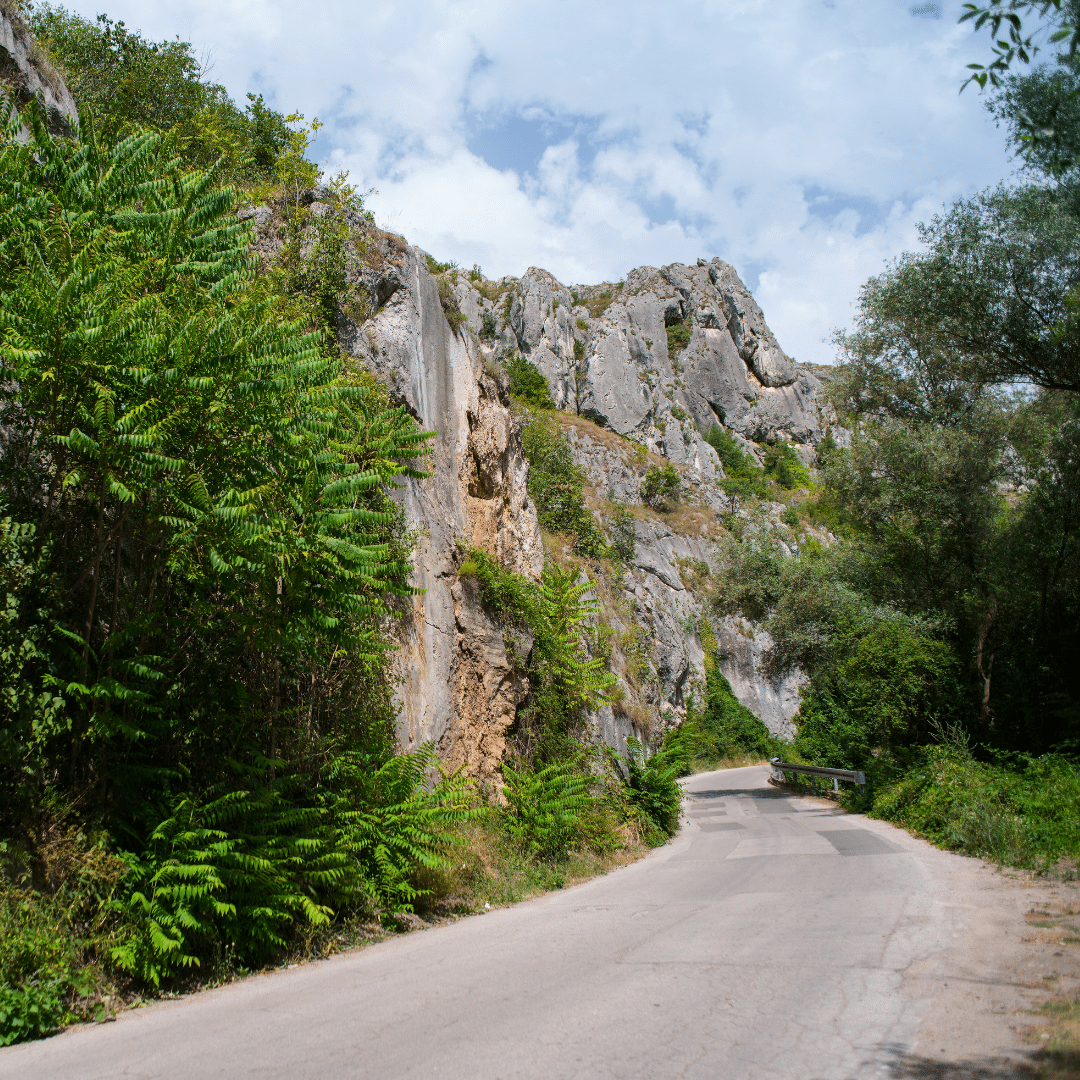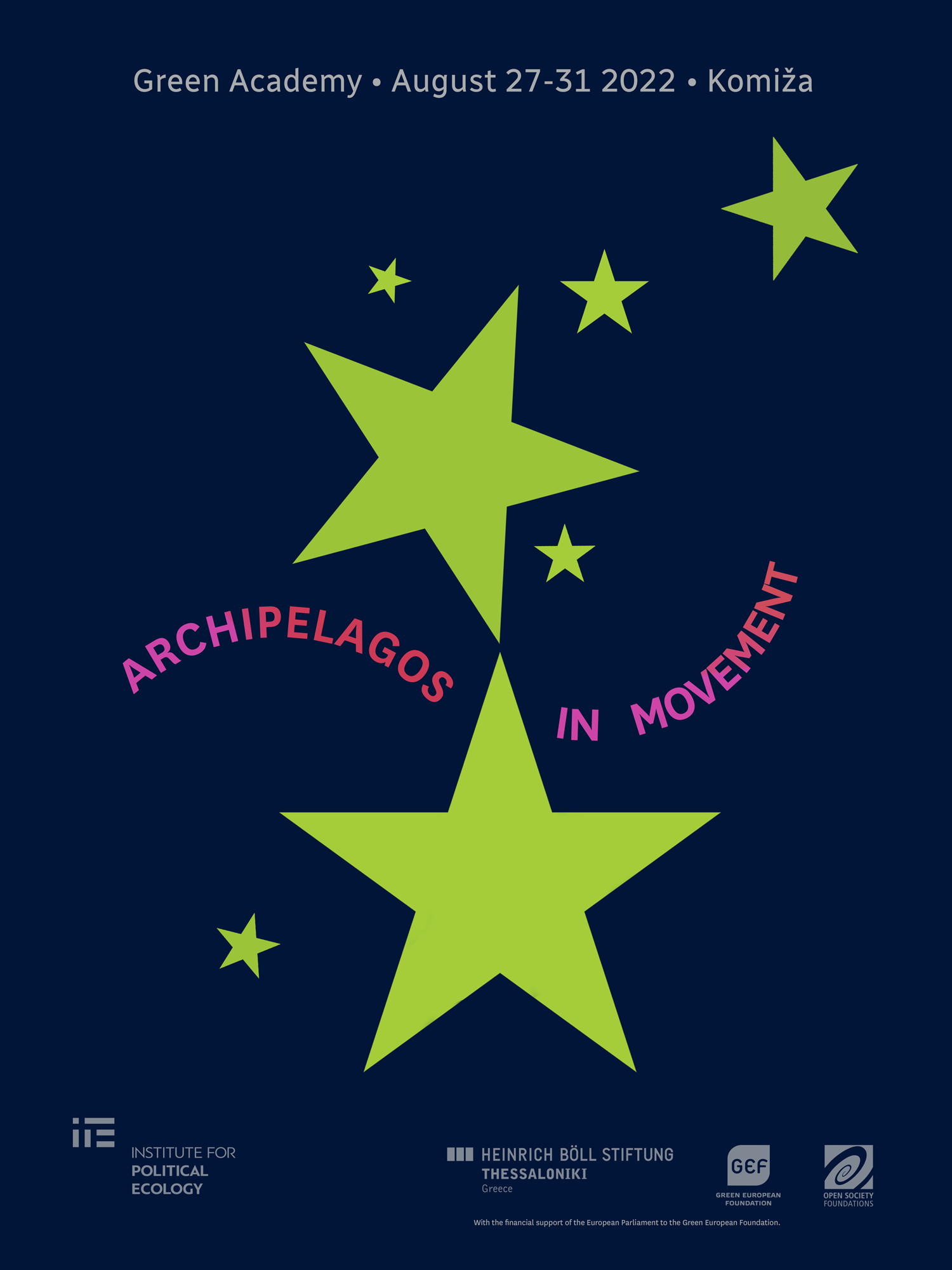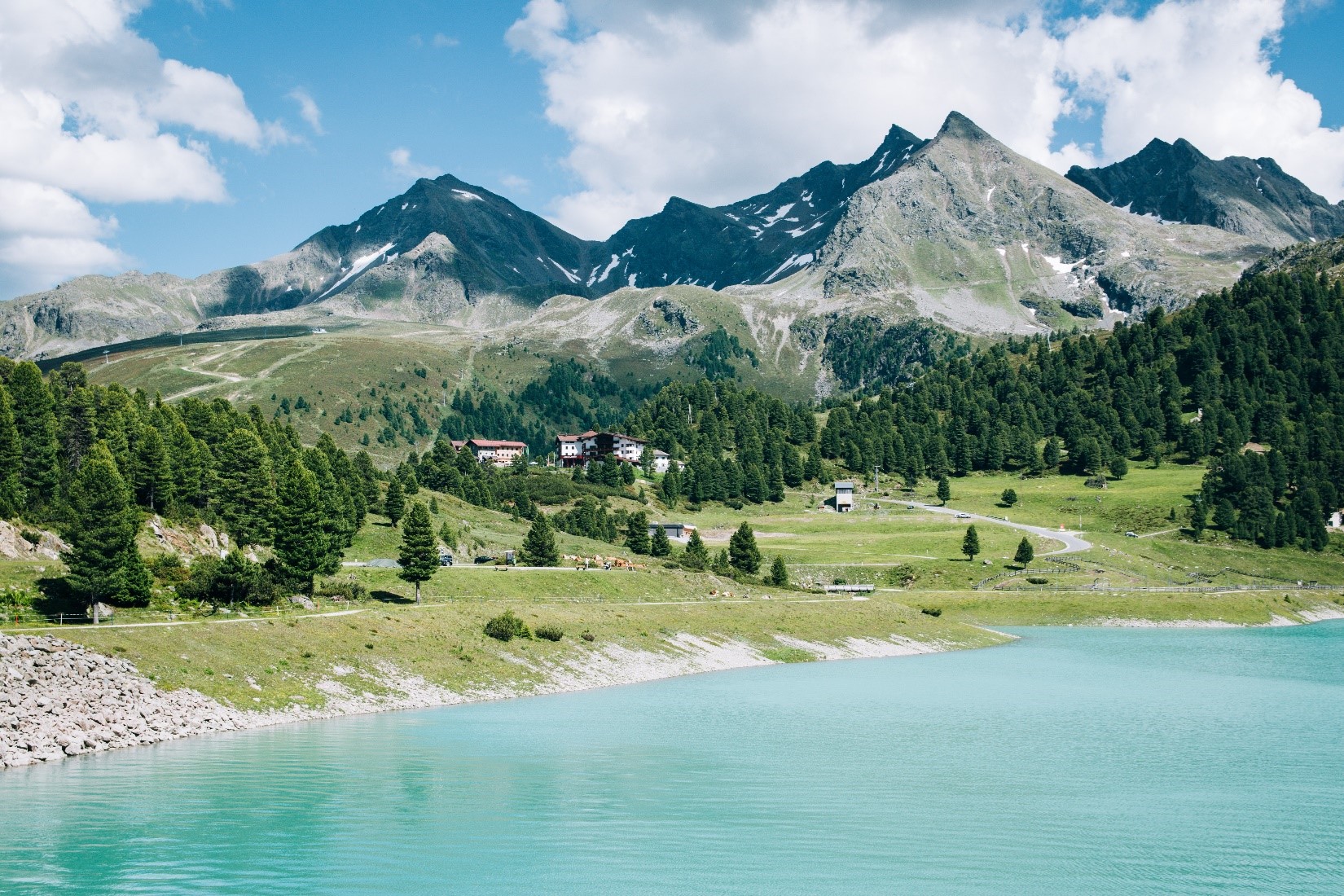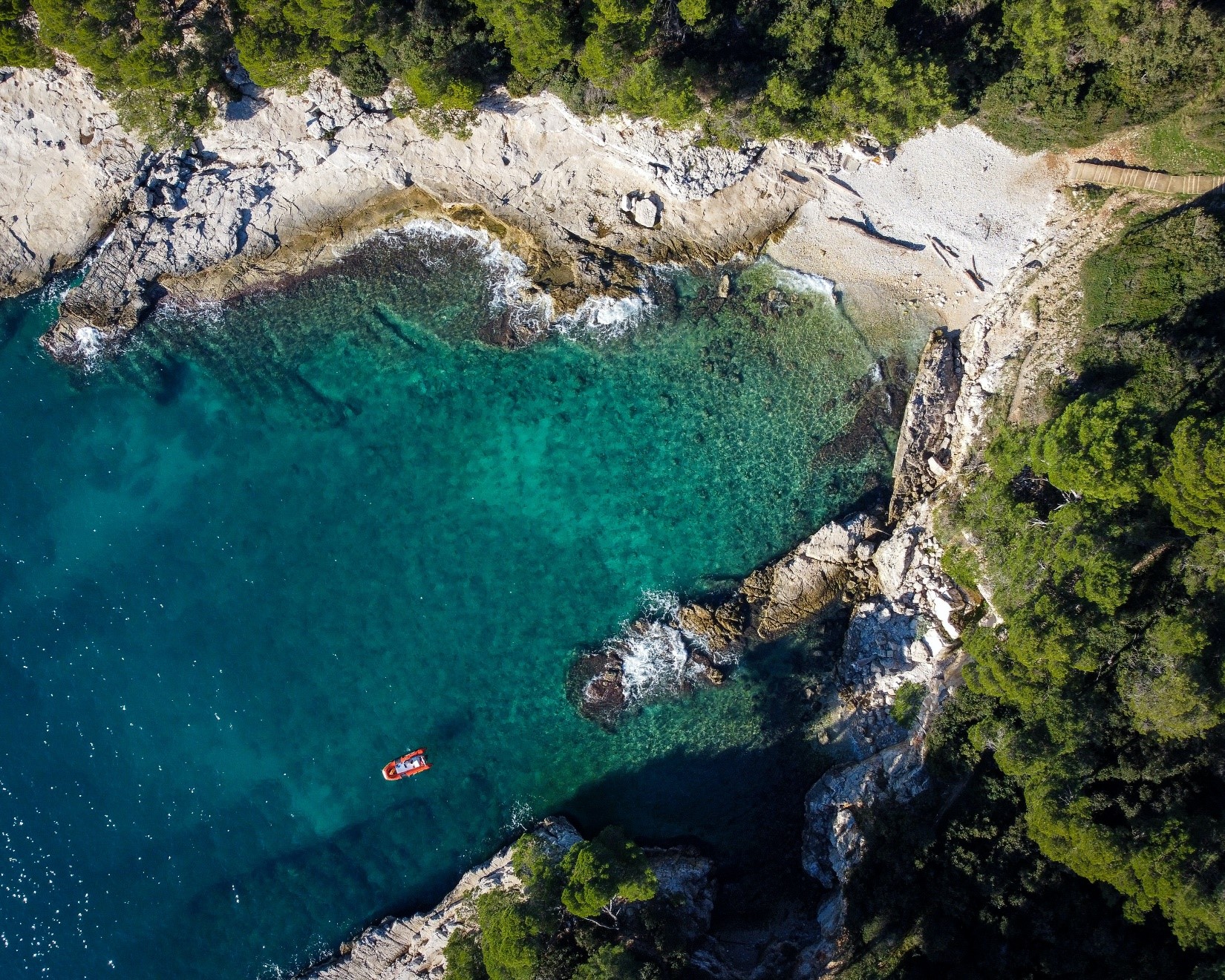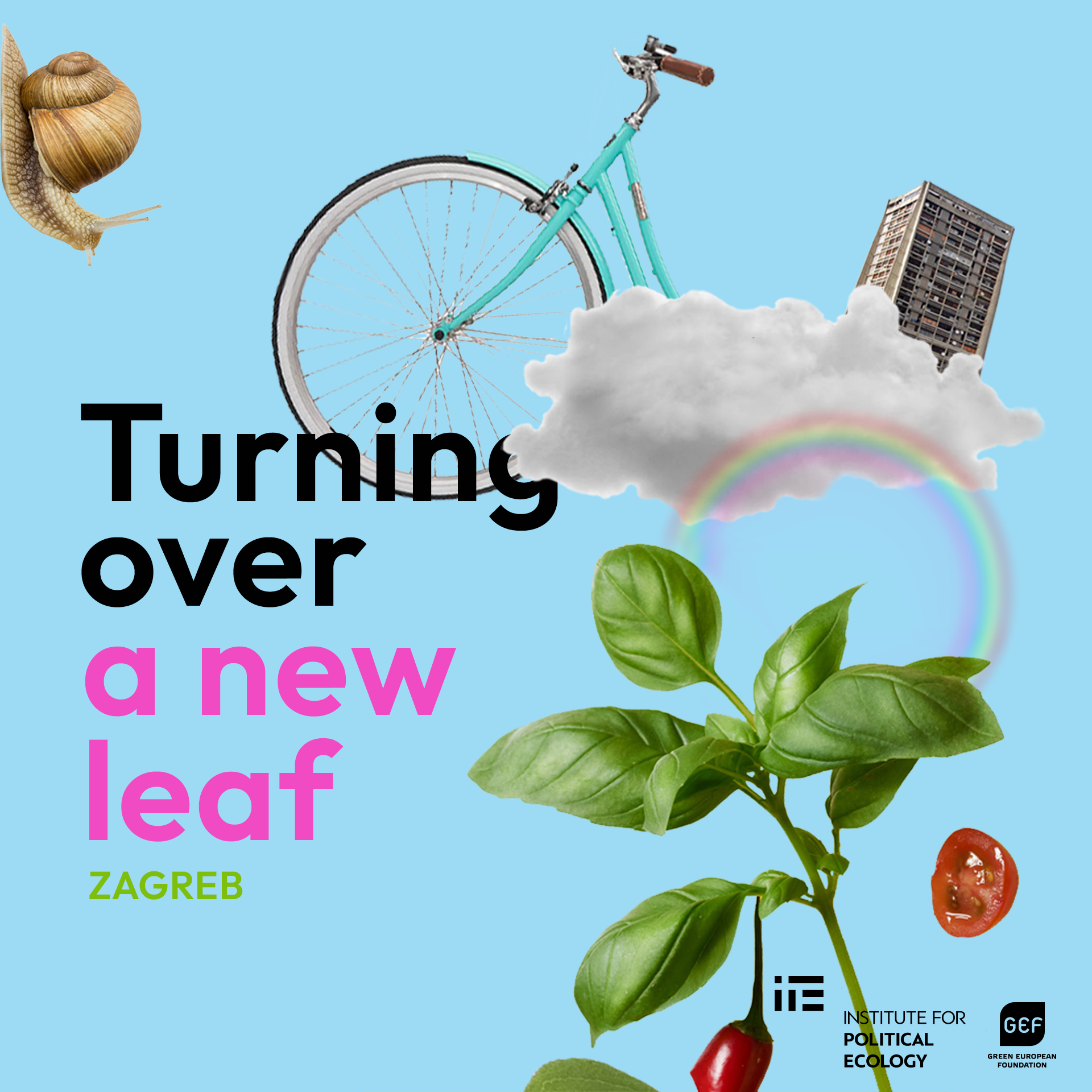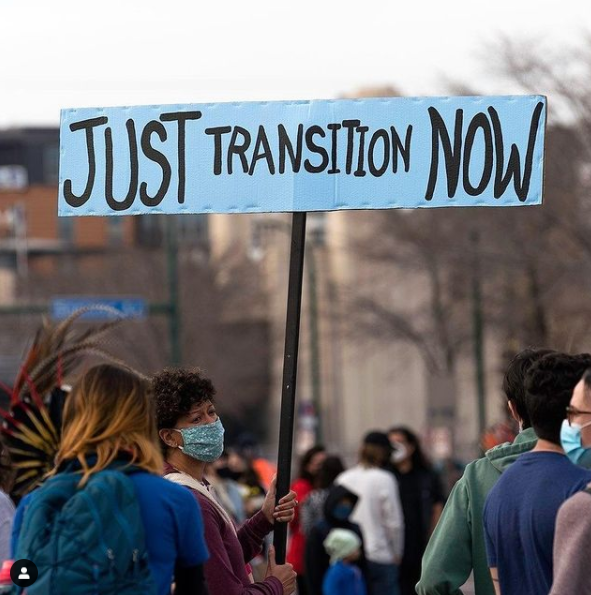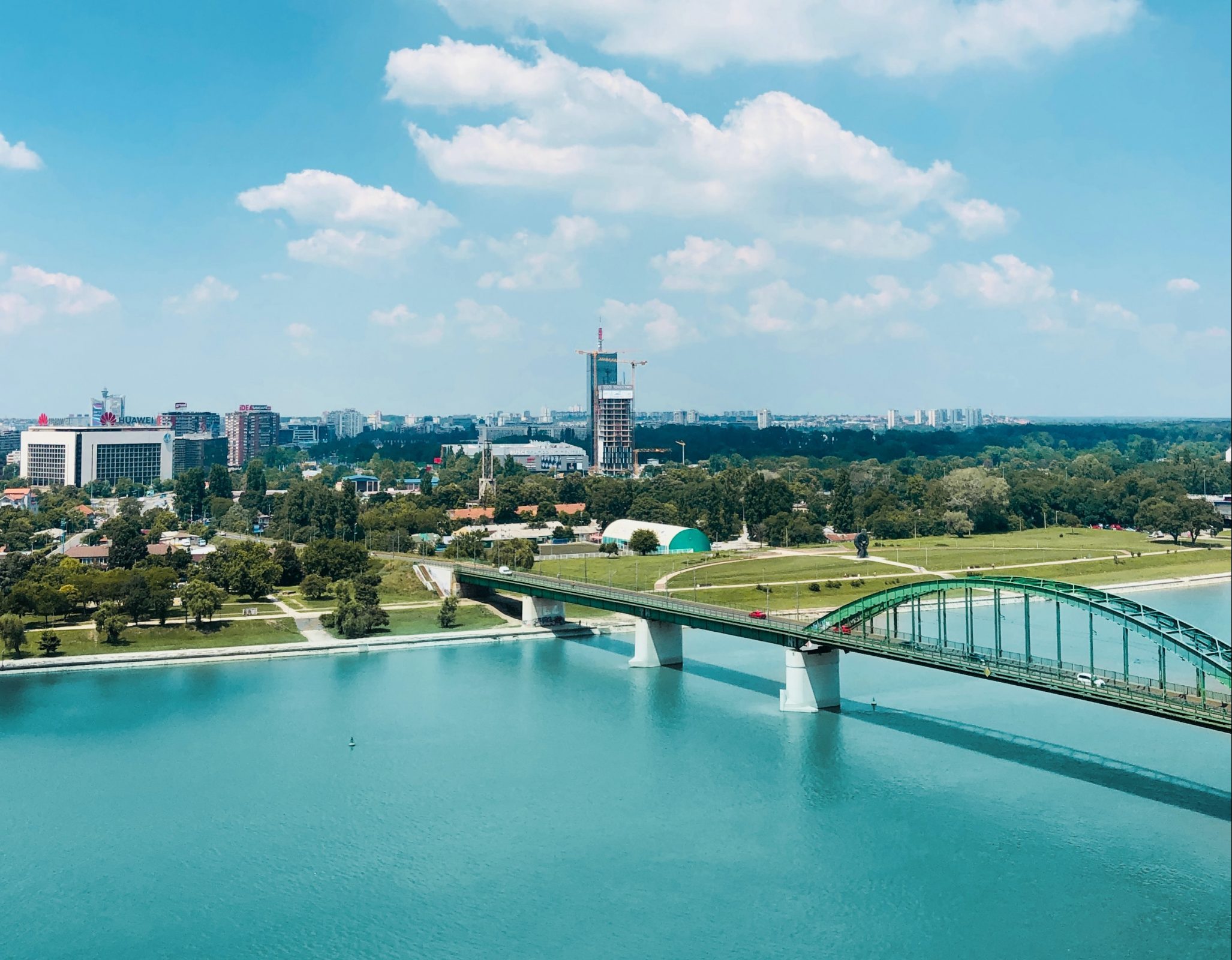About the event:
In the aftermath of the COVID-pandemic and surrounded with the devastating impacts of the war in Ukraine, we are moving forward with the second decade of the Green Academy, an effort to provide permanent discussion and a learning platform for progressive, green and left social forces in the Balkans, Europe and internationally.
While new energy and food crises are approaching quickly, the depth of the climate crisis and huge loss of biodiversity did not disappear. On the contrary, they are at its peak, continuing to challenge our maturity to create conditions for the good life of the generations to come. And yet, achievements and successes, bigger and smaller, of green and progressive political platforms in Croatia, Serbia, Montenegro and Slovenia demonstrate that the green wave is spreading through Eastern Europe and the Balkans – and that the protagonists that might be carriers of systemic change, though surrounded by hostile environments and worsening conditions, are gaining more and more recognition and power.
Our event is located on the island of Vis, in the midst of the Adriatic archipelagos, but in this 8th edition we explicitly focus on symbolic archipelagos of epistemological, cognitive, practical and political “islands of change” that exist across geographical but also institutional, disciplinary and practical territories and imaginaries. Placing our conversations and learnings in time of turbulences and global turmoil, we aim to create conditions to dive deeper into ideas, cases or models of transformative practices where more autonomy and/or innovation is being exercised, with the final goals of ensuring a just, secure, democratic and ecologically sustainable future. These emerging archipelagos spread across different division lines of class, gender, disciplines, sectors; as spaces of autonomy, emancipation and counter power to any oppressive, extractive, exclusive regime. It is the movement of these archipelagos that can open the door for paradigmatic shift and systemic change, which still appears to be very fragile.
This year, we will dive deeper into our imaginary of change and search for the ways of mutual empowerment. We will revisit our roles and reflect upon our strategies; learn from various experiences and dive deeper into ideas that are based on more autonomy, more self-organisation and internal knowledge-sharing. Before the next wave of expansion, our archipelagos need time to reflect on achievements and failures which occurred in our collective experience. Our program is inclined to be more open to initiative and self-organisation. Therefore, besides keynote lectures, panels and workshops, we will ensure sufficient time for participants to self-organize around certain topics and propose topics around which they want to initiate discussion (see Call for sessions).
Programme:
Confirmed speakers include:
- Dirk Holemans – co-president of the Green European Foundation, director of Oikos
- Danijela Dolenec – deputy mayor of the city of Zagreb, Možemo!
- Giorgos Kallis – ecological economist, Universitat Autònoma de Barcelona (UAB)
- Jagoda Munić – director at Friends of the Earth Europe
- Srećko Horvat – philosopher, DiEM25
Check out the provisional programme via this link.
Practicalities:
Dates and Time: 27th to 31st of August 2022. Registration starts at 18:00 on the 27th of August and the program starts at 20:00 with the opening session. During your stay at the Green Academy, the program will start at 9:30 and end at 22:30 (including 4 hours of lunch, sun, and sea break between 13:30 and 17:30).
Catering and Accommodation: Participants will have paid accommodation in two-bed rooms, including breakfast and dinner in Hotel BiSevo, which is also the primary event venue.
Location and Travel: The Island of Vis is easily reached via a ferry line from Split, Croatia. Check www.jadrolinija.hr for timetables. Once you arrive on Vis, a bus to Komiza waits for you in front of the port. Check the bus timetable here.
Due to decreased funding in 2022, we are able to offer travel costs only to speakers. In cases of international travel, where more people travel together (car-sharing) or take public transport to reach the Green Academy, co-financing of travel costs (up to 50%) will be considered. Travel costs within Croatia will not be covered.
Call for Action:
Registration for this event is now closed.
The Green Academy is organised by the Green European Foundation and Institute for Political Ecology, with the financial support of the European Parliament to the Green European Foundation.
